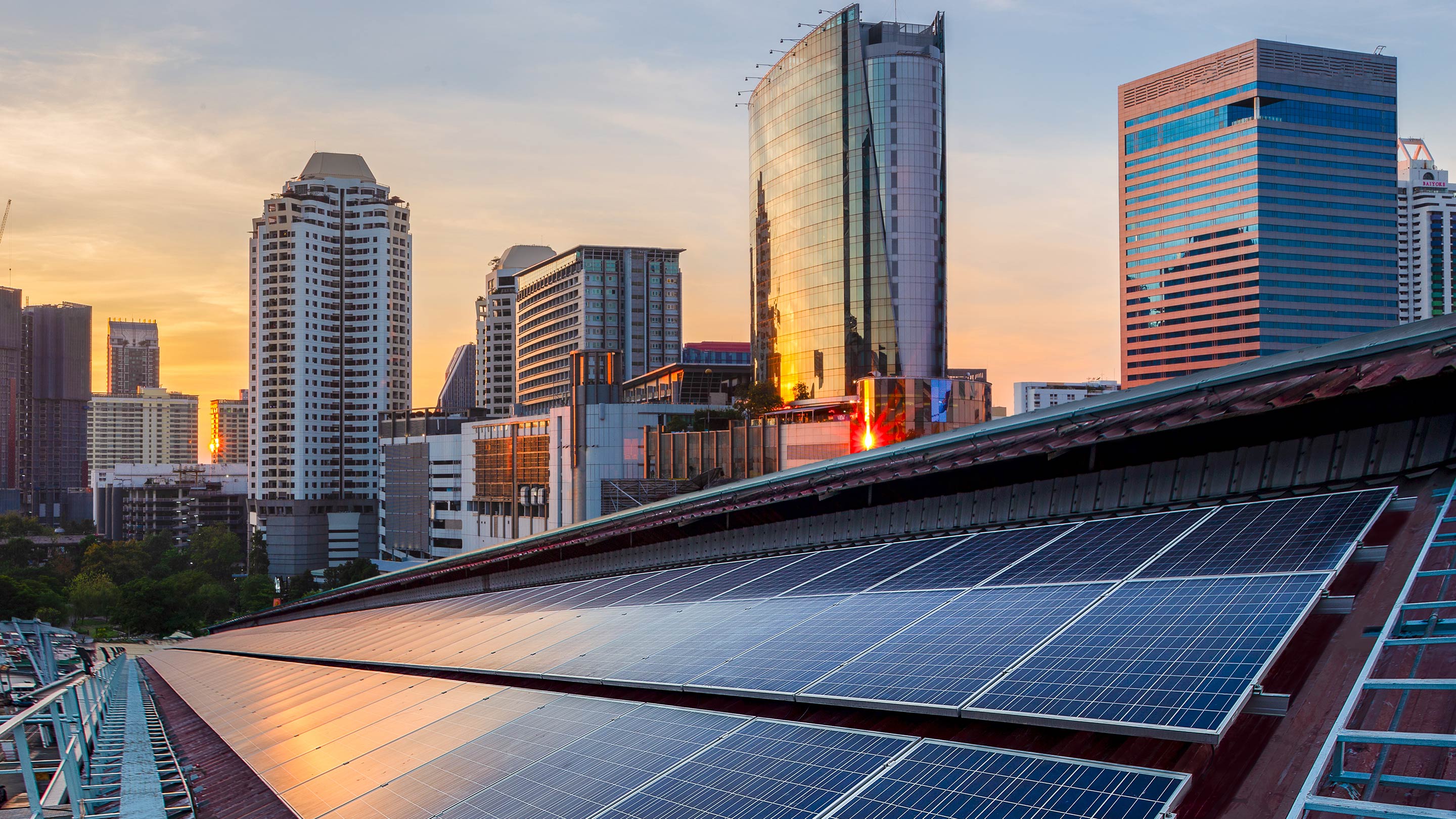Sustainability: Aviva, WWF to Study Saltmarshes
Aviva PLC

Aviva and WWF (World Wide Fund for Nature) are delighted to announce an exciting new research endeavour focused on harnessing the potential of UK saltmarsh habitats in the battle against climate change and the reduction of carbon emissions from our atmosphere.
This innovative saltmarsh research initiative will serve as a vital tool for scientists to comprehensively assess the carbon storage and sequestration capabilities of saltmarshes across the United Kingdom.
This project centres around the installation of a cutting-edge carbon flux tower in the picturesque Ribble Estuary of Lancashire.
This tower will track and measure the complete carbon cycle, offering empirical validation of the pivotal role saltmarshes play as enduring, natural repositories of carbon.
Moreover, it will delve into the ramifications of rising sea levels on saltmarsh environments, aiding in the strategic identification of areas requiring restoration and conservation efforts.
By continuously monitoring the dynamic exchange of carbon between the landscape and the atmosphere, coupled with conventional methodologies for scrutinising carbon retention in saltmarsh soils, this initiative will yield invaluable insights into the quantity of carbon captured, the pace at which it is sequestered, and the duration of its storage.
This ambitious undertaking aligns seamlessly with Aviva's vision to position the UK as the world's most climate-prepared large economy by the year 2030.
Conducted in close collaboration with WWF and in partnership with the UK Centre for Ecology & Hydrology (UKCEH) and the Royal Society for the Protection of Birds (RSPB), this research will be disseminated widely to foster a deeper understanding of saltmarshes' capacity for carbon capture and storage. It will contribute significantly to the establishment of a comprehensive UK Saltmarsh Code.
Native to the British Isles, saltmarshes occupy a pivotal role in combatting climate change by serving as long-term, natural reservoirs of carbon, colloquially referred to as 'blue carbon' when situated within coastal and marine ecosystems.
Saltmarshes are also instrumental in reversing biodiversity decline, creating a vibrant and distinctive habitat uniquely suited to flora and fauna adapted to these conditions. Alarmingly, approximately 85% of English saltmarshes have vanished over the past two centuries, primarily due to historical conversions for agricultural purposes.
Source: Aviva






